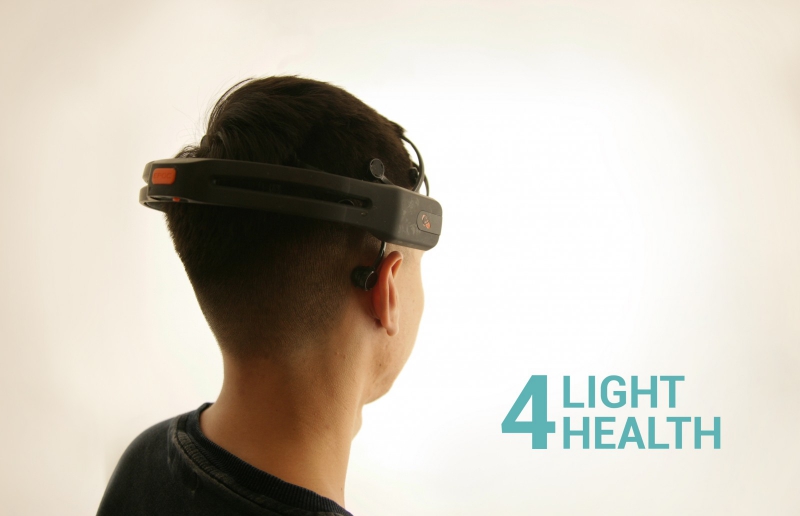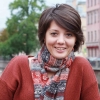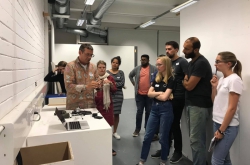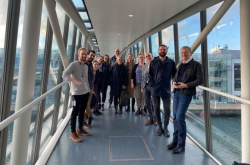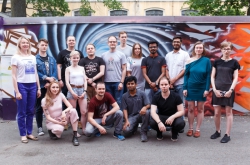Spanning three years (2018–2021), the project LIGHT4HEALTH implies the organization and implementation of a series of summer schools, workshops and meetings of the consortium partners aimed at the development of a cross-disciplinary course at the intersection of lighting design and health research. The course will consist of three educational modules: “Interior Lighting for Domestic Spaces”, “Lighting for Working/Educational Environments”, and “Lighting for Healthcare Environments”.
As a result, the course’s learning materials, video lectures, and interactive exercises are planned to be displayed on the project’s virtual platform. The idea behind the platform is to bring together the best educational resources, materials and methods for researching how lighting design impacts on human health to improve the quality of lighting and lighting environments. Among the fields the project draws from are neurology, photobiology, neuroendocrinology, psychophysiology of perception, as well as behavioral, cognitive and environmental psychology.
The access to the platform will be opened to everyone interested in the project: members of the consortium, representatives of the lighting design community, researchers, as well as students and educators of the project’s associated partners. Apart from the universities, the latter group includes the world-renowned lighting design company VIA-Verlag, which organizes the annual Professional Lighting Design Convention (PLDC) and publishes the specialized magazine PLD Magazine. VIA-Verlag acts as the project’s communication and information partner.
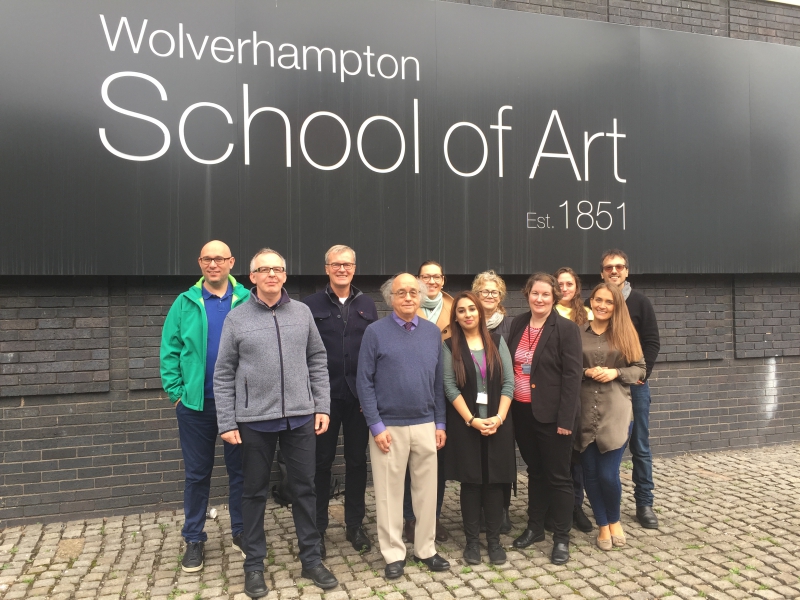
Each educational module of LIGHT4HEALTH is developed jointly by all the member of the consortium, after which it is piloted at the summer schools and workshops for the professional community representatives. Each of the events has its own assigned consortium member responsible for its organization. For example, the 2019 summer school is hosted by the University of Wolverhampton, while the next year’s school will be held in Germany on the basis of Hochschule Wismar. The third summer school is planned to take place in the Danish capital Copenhagen, which is home to one part of the academic staff of the “Lighting Design” international Master’s program and Lighting Design Research Group of Aalborg University’s Department of Architecture, Design, and Media Technology.
ITMO University’s tasks on the project include the organization of the first public workshop and exposition of lighting installations as part of the opening week of Venice Biennale of Architecture, which is to take place in May of 2020. As per the arrangements, the organization of the two events will be conducted with support from Università Iuav di Venezia, an associated partner of the project.
Coinciding with that of the first educational module, the topic of the first summer school is “Interior Lighting for Domestic Spaces”. Participating in it will be students of the universities forming part of the consortium. ITMO University will be represented by five Master’s students from the “Lighting Design” program and two members of staff of the Faculty of Applied Optics, Svetlana Kolgushkina and Valeria Lukinskaya. All in all, the school will be attended by some 20 people.
Apart from practicing lighting designers and researchers in the field, among the developers of the summer school and active participants of the LIGHT4HEALTH project is Dr. George Brainard, an academic at Thomas Jefferson University. Since 1984, Dr. Brainard has been developing the university’s Light Research Program, which conducts research that is supported by NASA’s National Space Biomedical Research Institute. Another eminent researcher in the field of light’s impact on human health is Dr. Alexander Wunsch, a photobiology expert, associate professor and research advisor of the Architectural Lighting Design program at Hochschule Wismar.
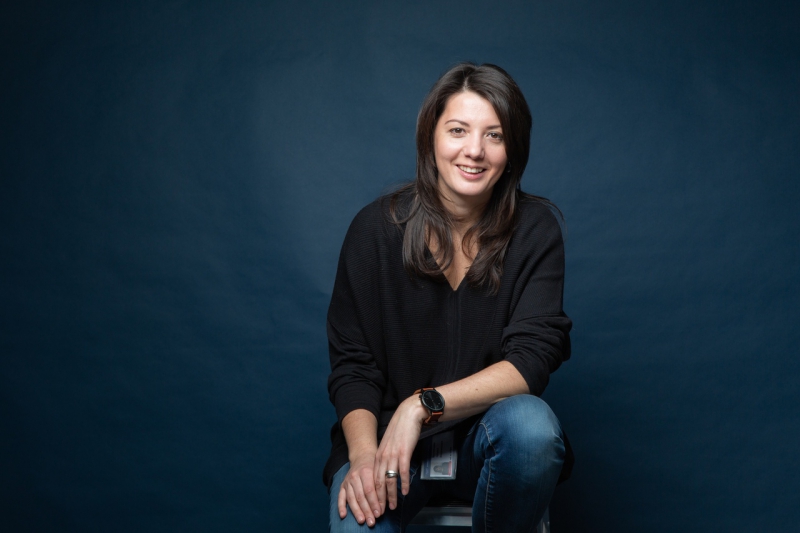
“The LIGHT4HEALTH has emerged in response to the lighting design industry’s global demand for the development of knowledge, skills and competencies among young specialists. This demand signifies that the profession of a lighting designer is becoming even more significant and demanding in regard to the quality of lighting solutions. The summer schools conducted as part of the project will apply the best educational methods and approaches to the research by the world’s leading schools in the field of lighting design. Our partners’ vast experience and the schools’ focus on of different types of environments will allow to get into the specifics of the most topical research questions, enhance and systemize the young specialists’ knowledge to advance them in their Master’s and PhD research,” notes Natalya Bystryantseva, participant of the LIGHT4HEALTH project and head of ITMO University’s international Master’s program in Lighting Design.
Ekaterina Lungu,
CLD ITMO University
